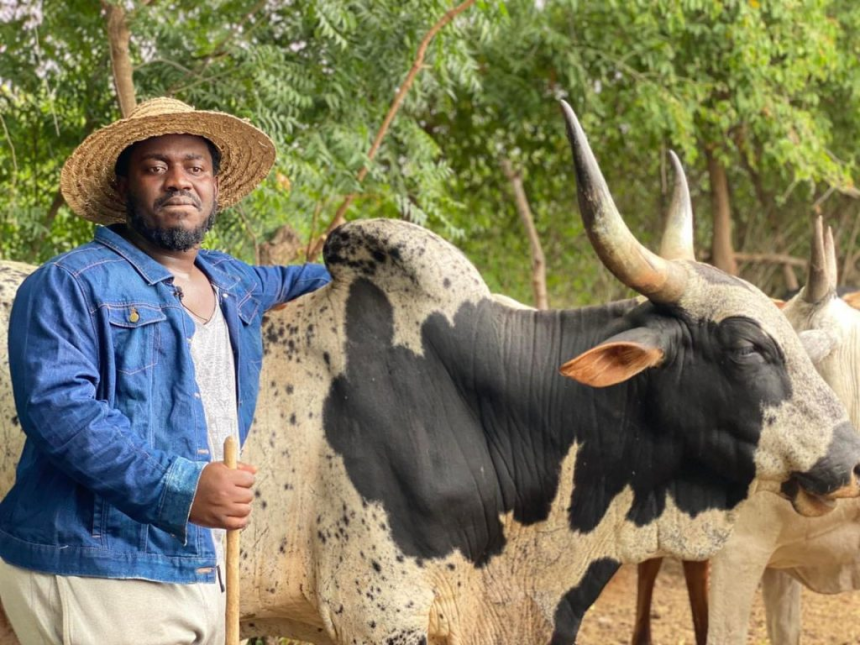The rapid expansion of Ghana’s real estate sector is creating land crisis for livestock farmers, a situation that undermines the nation’s capacity to meet local demand for meat and poultry.
Mr Yussif Adamu, the Chief Executive Officer of FAIDIJA Farms, in an exclusive interview with the Ghana News Agency, said the loss of grazing lands to property development was now a “very big problem” for those practicing extensive farming.
Research led by international bodies like the CGIAR Water, Land and Ecosystems programme showed that Ghana’s urban areas had expanded by over 150 per cent in recent decades, consuming vast tracts of agricultural lands.
“Almost all the lands are being sold out now to the estate developers,” he said.
He noted that traditional grazing areas were systematically being converted into estates, forcing farmers to move further, often leading to community conflicts.
Mr Adamu explained the extreme expense of purchasing feed byproducts, such as brewery chaff or fruit leftovers, which could cost up to GHS 2,000 for a single large truckload, barely sustaining 10 cattle for two weeks.
He advocated a national shift towards semi-intensive farming, supported by government-supplied seeds for high-yield fodder grass, a practice common in other livestock-producing nations.
“The combined pressures of land scarcity and escalating feed costs are driving away potential livestock farmers, leading to a massive supply deficit,” he said.
Mr Adamu highlighted the high demand for livestock by Ghana; however local farmers currently could not meet it.
“Most of the cattle that you see that are being supplied are mostly from Nigeria, Togo, and Burkina Faso,” he said, and expressed concern over the alarming rate at which cattle were being imported daily.
Data from the Ministry of Food and Agriculture showed that the country’s self-sufficiency in beef stands at a critical low, estimated at only about 30 per cent, meaning a 70 per cent of the national demand was met through imports from neighbouring countries.
“This heavy reliance not only drains foreign exchange but also leaves the nation vulnerable to supply chain disruptions and price shocks in the regional market,” Mr Adamu said.
To reverse that trend, he urged the government to address the infrastructural challenges, particularly by creating protected zones for grazing.
He called on the government and stakeholders to actively support the transition to a more sustainable, land-efficient farming methods.
Mr Adamu warned that failure to intervene will see Ghana’s reliance on costly imports deepen, further compromising the country’s economic and food security goals.






